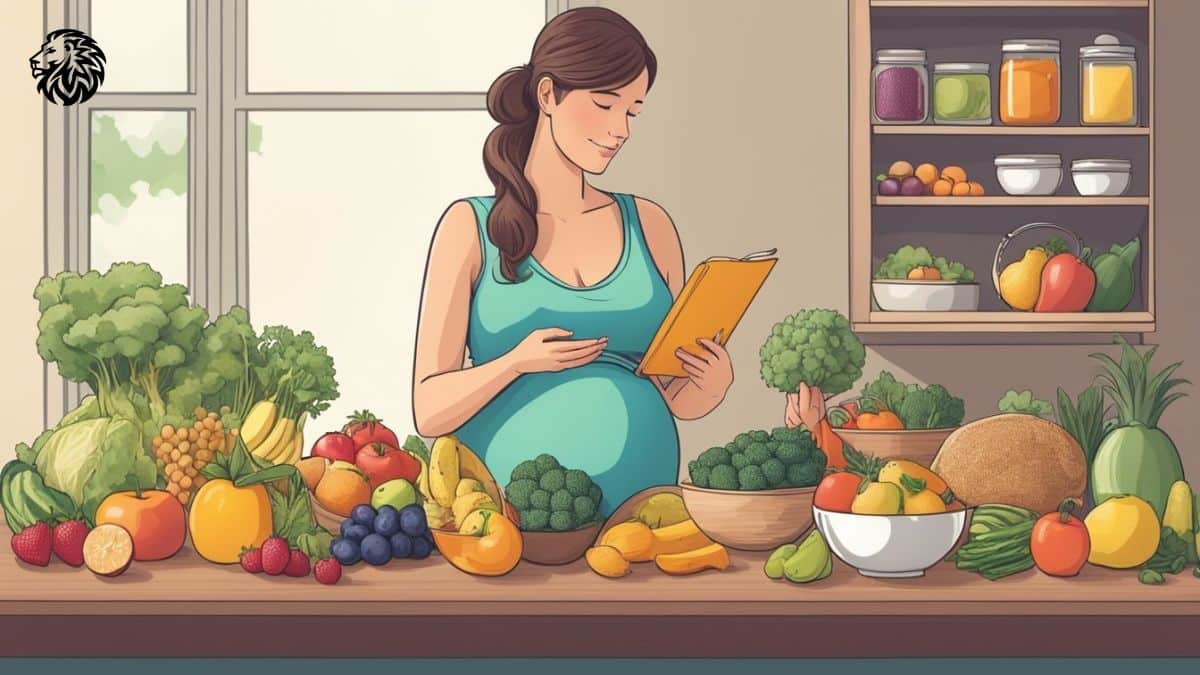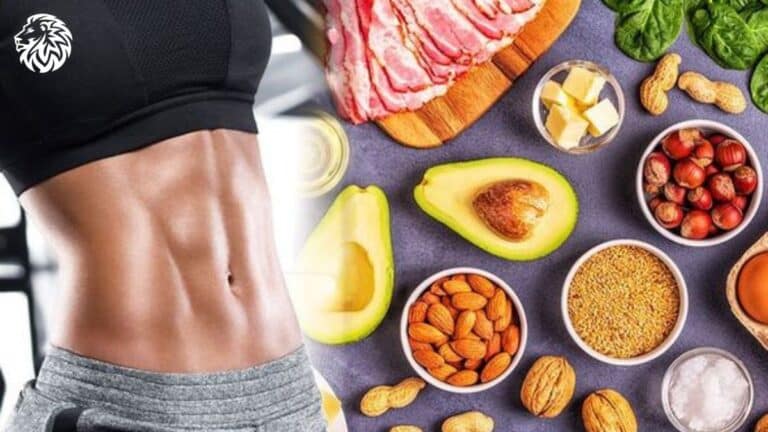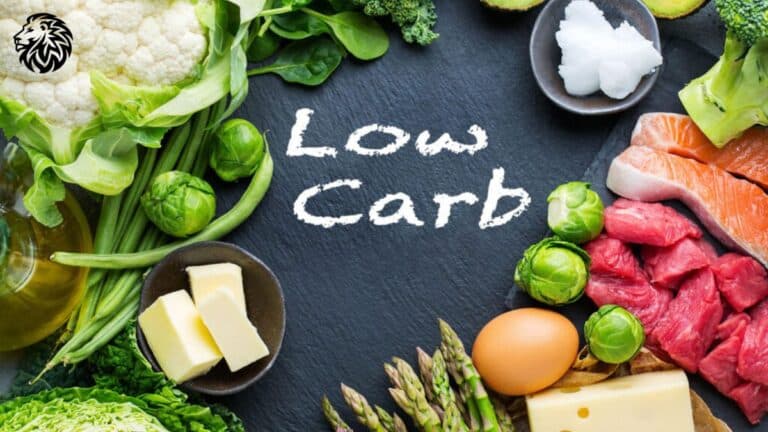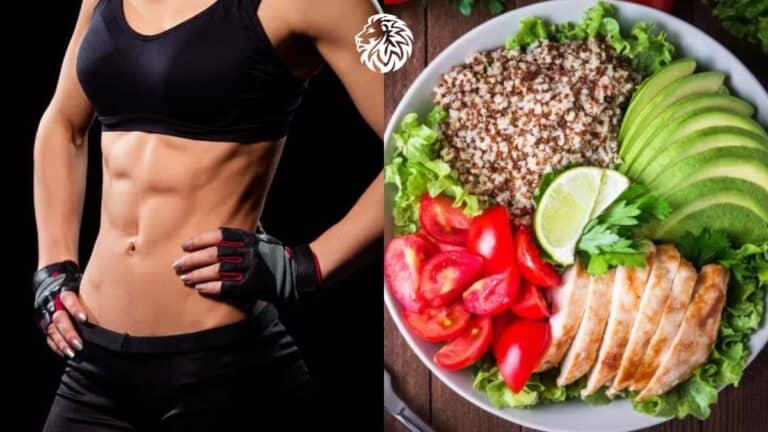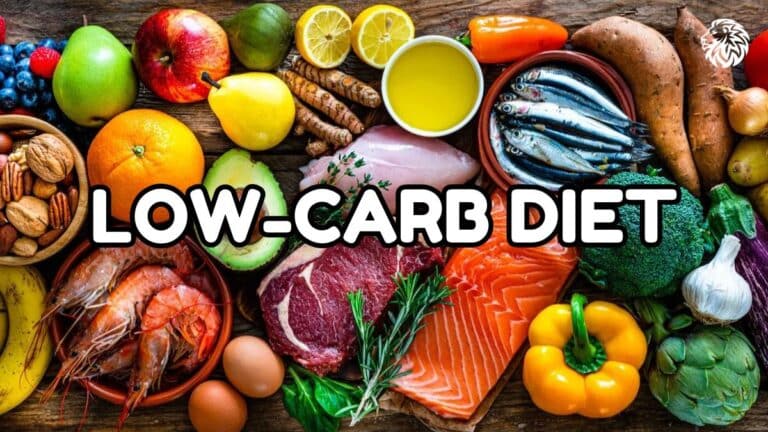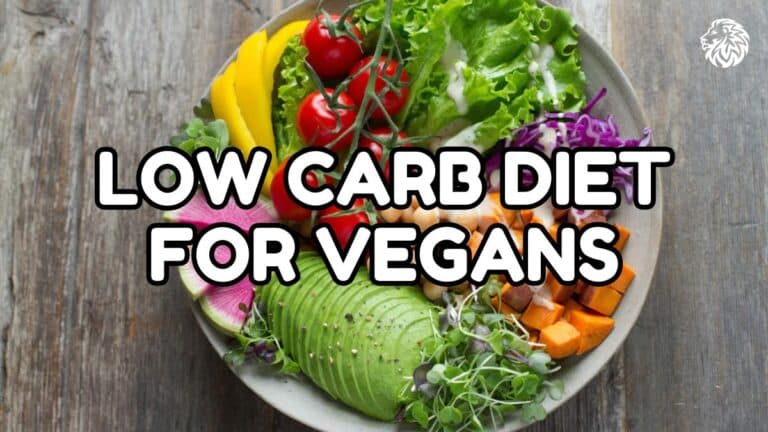Carbohydrate Guidelines for Pregnant Women
Why Carbs Matter When You’re Pregnant
Hey, let’s talk carbs and pregnancy, a match made in food heaven! Carbohydrates give you and your little one the energy you need. Think of them as the fuel that keeps your engine running smoothly. They’re like the silent cheerleaders supporting your baby’s growth behind the scenes. And yes, science backs this up. Studies show that good ol’ carbs are essential for both momma and baby (NCBI). As your pregnancy progresses, you might notice your energy cravings going up a notch. That’s where carbohydrates step in to save the day, making up around half of your energy intake.
How Much Carbs Should You Munch On?
Wondering how much of this lovely stuff you should be eating? The experts at the Institute of Medicine have got you covered. They say you should aim for at least 175 grams of carbohydrates each day. Enough to keep your baby’s development on track and make sure you’re feeling awesome, too.
| Nutrient | Recommended Daily Intake |
|---|---|
| Carbohydrates | 175 grams |
This isn’t just about numbers, though. We’re talking about 45% to 65% of your energy coming from carbs. It’s like giving your body and baby the backstage pass to a smooth show. With the right amount of carbs, you can keep your blood sugar levels steady and avoid the “oopsie” of extra baby pounds.
Carbs come in all shapes and sizes. Some are better for you than others, and if you want the scoop on which ones to choose, check out our page on best low carb foods. A little knowledge on picking your carbs wisely can make a world of difference.
Thinking about cutting back on carbs? It’s alright to have a low-carb streak during your pregnancy but focus on getting the good stuff. For more such insights, our guides on low carb snacks and low carb meal plan are your new best buddies.
Impact of Low-Carb Diet on Pregnancy
Risks of Low-Carb Diet for Pregnant Women
Delving into a low-carb diet while pregnant can be like playing with fire. One big red flag is potentially skimping on essential nutrients. A soon-to-be mama needs a smorgasbord of nutrients to nourish her little bundle of joy. Slashing carbs too aggressively might cause a shortfall in vital vitamins and minerals crucial for both mom and baby (San Gorgonio Memorial Healthcare District).
Cutting down on carbs might also bump up the risk of certain birth defects. Research shows that expectant mothers on low-carb diets have a 30% higher chance of giving birth to babies with neural tube defects like spina bifida and anencephaly (San Gorgonio Memorial Healthcare District). These issues can surface due to skipping important nutrients like folic acid, often found in carb-packed goodies like grains (MGH Center for Women’s Mental Health).
Effects on Fetal Development
Don’t underestimate how a low-carb diet could mess with the little one’s development. Carbs act as a major energy source for both mom and baby. Chopping down carb intake might throw a wrench in the baby’s growth and development, especially the brain, which is a big fan of glucose.
Running low on carbs could also result in low birth weights and developmental bumps in the road. Foods packed with carbs, fiber, and nutrients help keep the blood sugar happy and energy levels humming.
| Risk | Effects on Fetal Development |
|---|---|
| Nutrient Deficiency | May lead to serious birth defects and developmental hiccups |
| Low Glycemic Load | Keeps energy steady and wards off blood sugar rollercoasters |
| Reduced Folic Acid Intake | Cranks up the risk of neural tube defects |
Navigating a low-carb diet while you’re expecting means you’ll need to juggle nutrient intake to keep both mom and baby thriving. Go for top-notch carbs that ease into the bloodstream, keeping energy levels steady. Craving more info on smart carb choices? Head over to our guide on best low carb foods.
When all’s said and done, while jumping on the low carb diet bandwagon may seem appealing to some, it’s a good idea to weigh the potential downsides on mom and baby’s health. Always chat with a healthcare professional before flipping the script on your diet during pregnancy. For a look at the big picture on carbs and pregnancy wellness, check out our section on carbohydrates and maternal health.
Quality vs. Quantity of Carbohydrates
So, you’re thinking about going low-carb while pregnant, huh? It’s great to keep an eye on the carbs you’re eating, but let’s chat about picking the right ones. We ain’t just talking cutting carbs here; we’re talking about loading up on the good stuff.
High-Quality vs. Low-Quality Carbohydrates
High-quality carbs? We’re talking whole grains, fruits, veggies, and legumes. They’re packed with the good stuff—vitamins, minerals, fiber—the whole shebang that’s good for you and the little one you’re cooking. The low-quality kind? Those pesky refined grains and sugary foods. They might taste good going down, but they don’t bring much to the table nutritionally and can cause some pesky weight gain during pregnancy.
High-Quality Carbohydrates:
- Whole grains (like oats, quinoa, brown rice)
- Fruits (think apples, berries, oranges)
- Veggies (greens, carrots, bell peppers)
- Legumes (lentils, chickpeas, black beans)
Low-Quality Carbohydrates:
- Refined grains (your white bread and pastries)
- Sugary foods (candies, soda)
- Processed snacks (chips, cookies)
Positive Outcomes of High-Quality Carbohydrates
Choosing those high-quality carbs isn’t just for bragging rights. It’s good for you and your baby. Loading your plate with whole grains, fruits, veggies, and lean meats helps keep preggo weight gain in check (NCBI) and gives sweet outcomes for pregnancy (PMC).
| Carbohydrate Type | Pregnant Women Following (%) | Benefits |
|---|---|---|
| High-Quality Carbohydrates | 75 | Less weight gain, better health |
| Low-Quality Carbohydrates | 25 | More weight gain, fewer nutrients |
It ain’t just about how much you eat. It’s where those carbs come from that really matters. Balancing your plate with high-quality carbs can make a world of difference. Want more tips on eating smart while expecting? Check out our low carb diet foods to avoid.
When you reach for those nutrient-rich, high-quality carbs, you’re helping yourself and giving your baby a solid start. Need some meal inspo? We’ve got you covered with low carb recipes and a low carb meal plan. Curious about more perks of eating right? Swing by our write-up on low carb diet benefits.
Maternal Health and Carbohydrate Consumption
Carbohydrates and Maternal Health
When you’re pregnant, munching on the right amount of carbs is super important for keeping yourself healthy and helping your little one grow. Carbs are like fuel for both you and your baby. Expecting moms should crank up their energy intake, with around half of it coming from those lovely carbohydrates (NCBI).
The smart folks at the Institute of Medicine say pregnant women should chow down at least 175 grams of carbs daily, which should make up about 45% to 65% of the energy you get (Children’s Hospital Colorado). Following these guidelines helps keep both you and your baby energized and growing like you both should.
| Nutrient | Recommended Daily Intake (g) | % of Total Energy Intake |
|---|---|---|
| Carbohydrates | 175+ | 45% – 65% |
If you’re thinking about going down the low-carb path, it’s key to keep an eye on the quality over the sheer amount of carbs. Go for the good stuff like whole grains, fruits, and veggies to keep your energy steady and avoid wild blood sugar rides.
Effects on Blood Sugar Levels
Carbs can really mess with your blood sugar levels. Keeping your sugar levels in check helps dodge things like gestational diabetes, which is popping up more these days (Children’s Hospital Colorado). This can spell trouble for both you and the baby, so watching what you eat can lead to healthier outcomes.
Dealing with gestational diabetes or high blood sugar while pregnant might set your kiddo up for later problems with insulin and metabolism (NCBI). Sticking to low glycemic index (GI) foods is a smart move. Eating stuff that doesn’t shoot up your blood sugar helps keep things steady and your body happy.
| Carbohydrate Type | Glycemic Index (GI) | Impact on Blood Sugar |
|---|---|---|
| High-GI Foods | 70+ | Zooms up quick |
| Medium-GI Foods | 56-69 | Moderately up |
| Low-GI Foods | 55 or less | Slow and steady |
Aiming for those low-GI foods can help keep your blood sugar in check, avoid your baby getting too big, and set up positive health vibes for your little one. For tips on eating smart carbs and watching your blood sugar while pregnant, check out our take on low carb snacks and low carb meal plans.
Folic Acid and Neural Tube Defects
Why Folic Acid Matters in Pregnancy
Hey there, mom-to-be! Let’s chat about folic acid—vitamin B9 to the science-y folks—which is pretty much a superhero for your baby’s development. It’s vital in keeping those scary neural tube defects (like spina bifida and anencephaly) at bay. Trust me, you want to make sure you’re getting enough, especially if you’re planning on a little one soon.
Recent research has tossed up some interesting (and kind of serious) stuff: women on low-carb diets tend to skimp on their folic acid intake, leaving them at a 30% higher risk for neural tube defects (University of North Carolina at Chapel Hill). Doctors say, “Hey, pop a multi-vitamin with at least 400 micrograms of folic acid daily before and during pregnancy,” and who are we to argue?
| Nutrient | How Much You Need Daily |
|---|---|
| Folic Acid | 400 micrograms |
What Happens if Your Folic Acid Runs Low?
Missing out on folic acid isn’t just bad news for your baby; it’s a health bummer for you, too. Carbs often get the side-eye during pregnancy, but they’re sneakily rich in folic acid. And those enriched grain products? They’re like mini vaults of folic acid goodness sitting right there on your plate (University of North Carolina at Chapel Hill).
Without enough folic acid, you might face:
- Heightened risk for neural tube defects
- Issues in your baby’s development
- Increased chance of pregnancy hiccups
To dodge these pitfalls, keep those carbs smartly packed into your meals. After all, they’re loaded with folic acid and other good stuff. Need some help balancing carbs while sticking to your diet goals? Check out our Quality vs. Quantity of Carbohydrates section for tips.
| Food Source | Folic Acid Content (micrograms) |
|---|---|
| Fortified cereals | Up to 400 |
| Leafy greens | 100 – 200 |
| Beans and lentils | 40 – 140 |
| Citrus fruits | 30 – 50 |
Finding that sweet spot in your diet means tossing in enough nutrients without derailing your diet train. Worry about folic acid or neural tube defects? Your healthcare provider is your bestie for this. And swing by our guides on safely following a low-carb diet for pregnant women, plus grab some nifty dietary tips from our sections about low-carb snacks and low-carb meal plan.
Supplementary Nutrients for Pregnant Women
Being pregnant ain’t just about weird cravings and catchy lullabies. It’s about making sure you and your little one get the right nutrients, especially if you’re riding the low-carb wave. So, let’s chat about the essential power foods you need every day.
Protein Requirements during Pregnancy
Protein—it’s the backbone of building a healthy baby. During this time, you crave about 70 grams daily, a little over what you’d munch on before you started growing a tiny human. Think of protein as your morning sickness reducer and blood sugar balancer.
Packing at least a quarter of your daily plate with protein can make a world of difference. Here’s a list of protein-packed munchies that keep the carbs low:
- Lean meats like chicken and turkey
- Eggs (can’t beat ‘em)
- Fish that’s low in mercury
- Beans and legumes (just pick the ones low in carbs, like lentils)
- Nuts and seeds for when you need a crunchy snack
For our vegetarian or vegan pals, beans, nuts, and grains have your back. Stick with the healthy stuff—ditch the saturated fats and steer clear of processed meats. If you want more on munching low-carb the veggie way, click here.
| Food Source | Protein Content (per serving) |
|---|---|
| Chicken Breast | 26g |
| Eggs | 6g (per egg) |
| Lentils | 18g (per cup, cooked) |
| Almonds | 6g (per ounce) |
Essential Minerals for Fetal Development
Iron
Let’s talk iron—it’s your oxygen ferry, DNA booster, and energy lifeline. Skimping on iron can mean trouble like early birth or you feelin’ more tired than a worn-out sneaker. Aim for at least 27mg a day, more if you need extra help. And, cooking with cast iron? That’s an old-school hack for getting more iron.
| Food Source | Iron Content (per serving) |
|---|---|
| Beef | 2.7mg (per 3 ounces) |
| Lentils | 6.6mg (per cup, cooked) |
| Spinach | 3.6mg (per cup, cooked) |
| Tofu | 3.4mg (per half cup) |
Iodine
Iodine is the magic ingredient for your thyroid and your baby’s brain development. During pregnancy, you need about half as much again. Missing out? Could mean rough waters ahead, so sometimes a helping hand from supplements can save the day.
| Food Source | Iodine Content (per serving) |
|---|---|
| Seaweed | 4500mcg (per sheet, dried) |
| Cod | 99mcg (per 3 ounces) |
| Yogurt | 75mcg (per cup) |
| Iodized Salt | 71mcg (per 1/4 teaspoon) |
By including these nutrients, you’ll be playing a winning game for you and your baby. For extras on keeping your low-carb munchies nutritious, think about trying these best low carb foods, chat with your healthcare guru, and shake up your menu with new low carb recipes.
